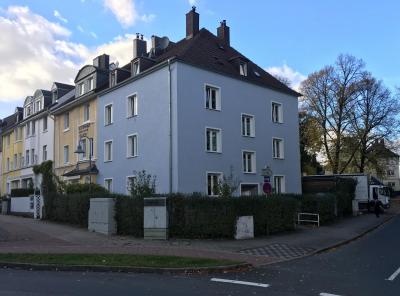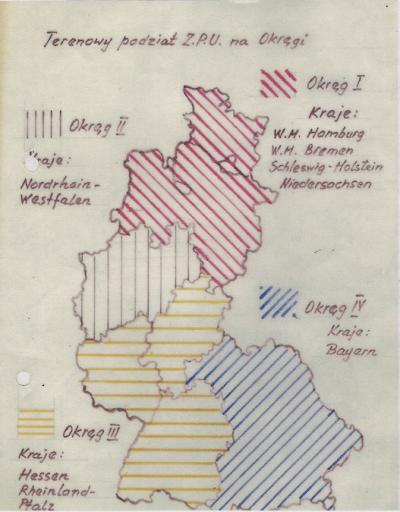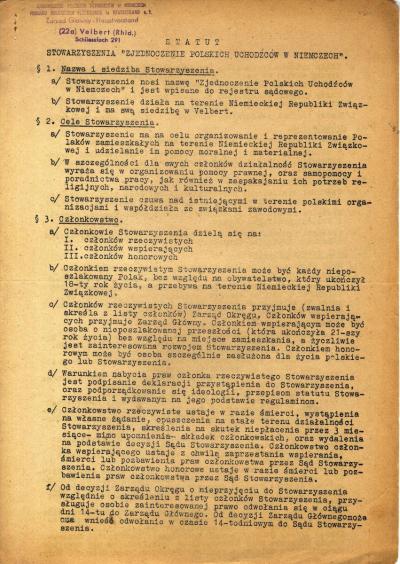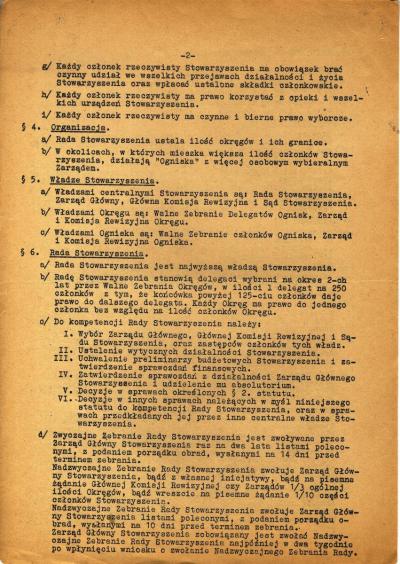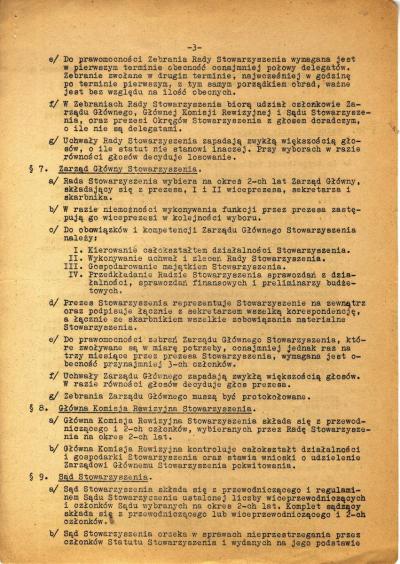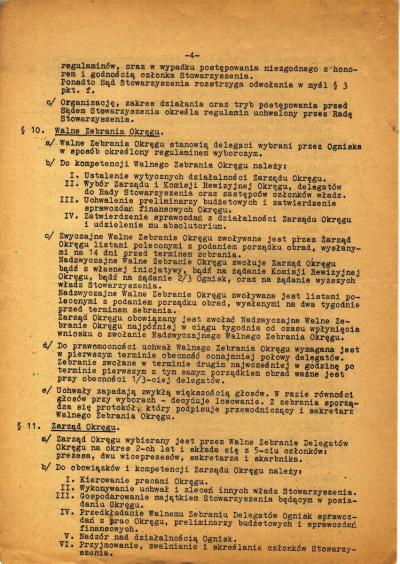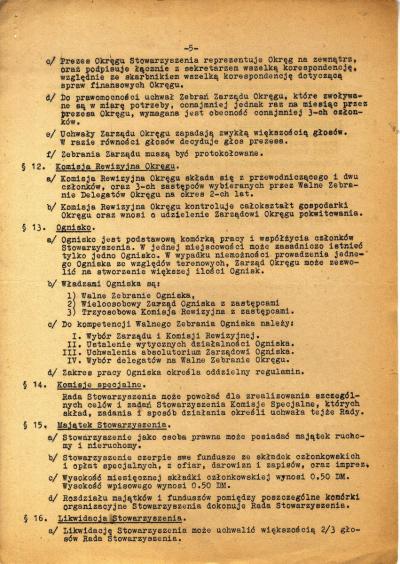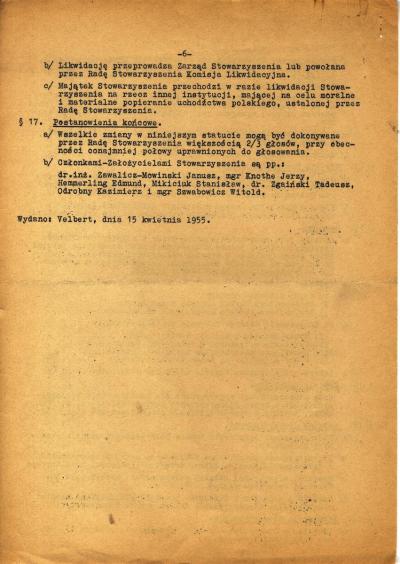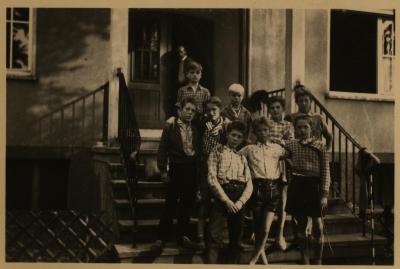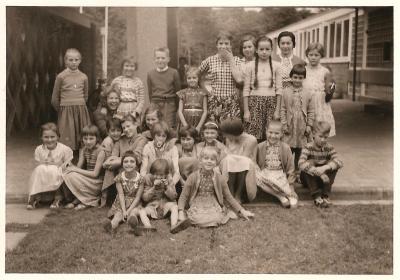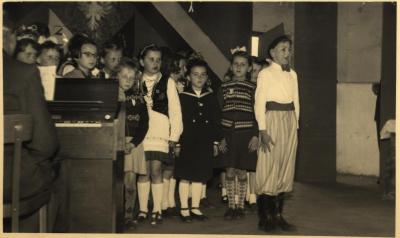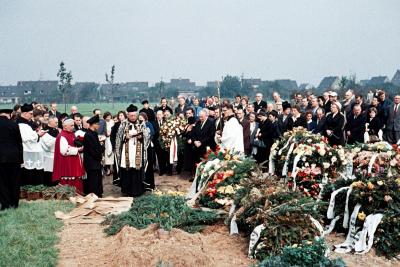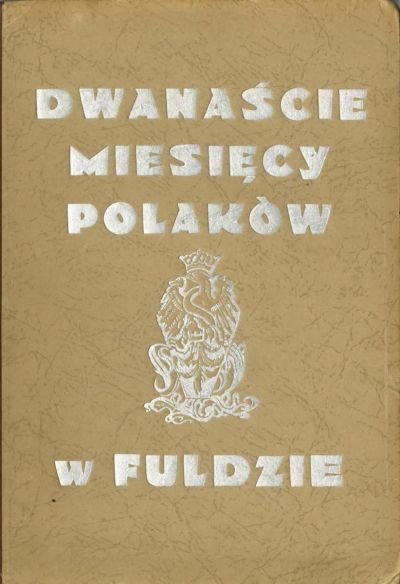The Association of Polish Refugees (ZPU)
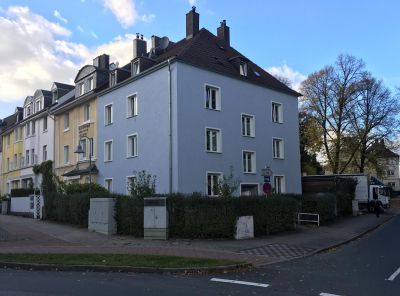
The district boards worked with the state governments and their ministries in the same spirit as the cooperation agreements concluded by the central ZPU board of directors. The cooperation mainly concerned the financing of the Polish school system. In this context, it should not be forgotten that, since the establishment of the Education Committee, this area of the ZPU's work had been modestly financed by the state governments in the Federal Republic of Germany as well as by the Federal Government. In the 1950s and 1960s ZPU's Board of Directors cooperated extensively in this area with the National Catholic Welfare Council (NCWC), Radio Free Europe (RFE), the Polish American Immigration Relief Committee (PAIRC) and the UN. These institutions had been providing financial support to Polish schools for many years and financed scholarships for pupils and students. At the end of the 1960s the Polish school system experienced its liveliest development in the second ZPU district in North Rhine-Westphalia. Unfortunately, there was a caesura in 1968 which was largely caused by Dominik Marcol. The split weakened the activities of the ZPU, left its board of directors at the mercy of the German authorities and led to the confiscation of grants to the ZPU by the Bonn government for its school-related work. Ultimately these events led to the end of financial help, a decline in the ZPU's activities and the closure of Polish schools. They also marked the start of the disintegration of the organisation.
The ZPU's commitment to independence meant that it regarded the exile government in London as its supreme authority. It soon became clear that the security apparatus of the People's Republic of Poland had classified ZPU activities as anti-state. This in turn immediately ensured that association officials were targeted by the Polish security services. Departments I and II of the Polish Ministry of Foreign Affairs (civil intelligence and counterintelligence) were particularly interested in monitoring the activities of people like Dipl.engineer Jerzy Arłamowski, Henryk Bogdański, Antoni Czerwiński, Czesław Brunner, Władysław Kawecki, Jerzy Knothe, Janusz Jar-Łańcucki, Dominik Marcol, Stanisław Mikiciuk, Kazimierz Odrobny, Wincenty Broniwój-Orliński, Leopold Sanicki, Witold Szwabowicz and Roman Żelazny to name but a few. There were also a number of contemporaries who profited from the opportunity to cooperate with the Polish and West German intelligence services. It is quite possible that this happened more frequently than we know. Whatever the case, we still do not know if the 1968 split in the North Rhine-Westphalia District Association was really provoked by the intelligence service of the Polish People's Republic. Circumstances and events more likely point to operations undertaken by West German intelligence services. Dominik Marcol, chairman of the ZPU district of North Rhine-Westphalia, who maintained close and quite regular contacts with the Polish secret service, played a special role in these years. It is also worth mentioning that the British MI6, the Stasi, the Office for the Protection of the Constitution and the Federal Intelligence Service (BND) were also interested in the organisation and its officials.
